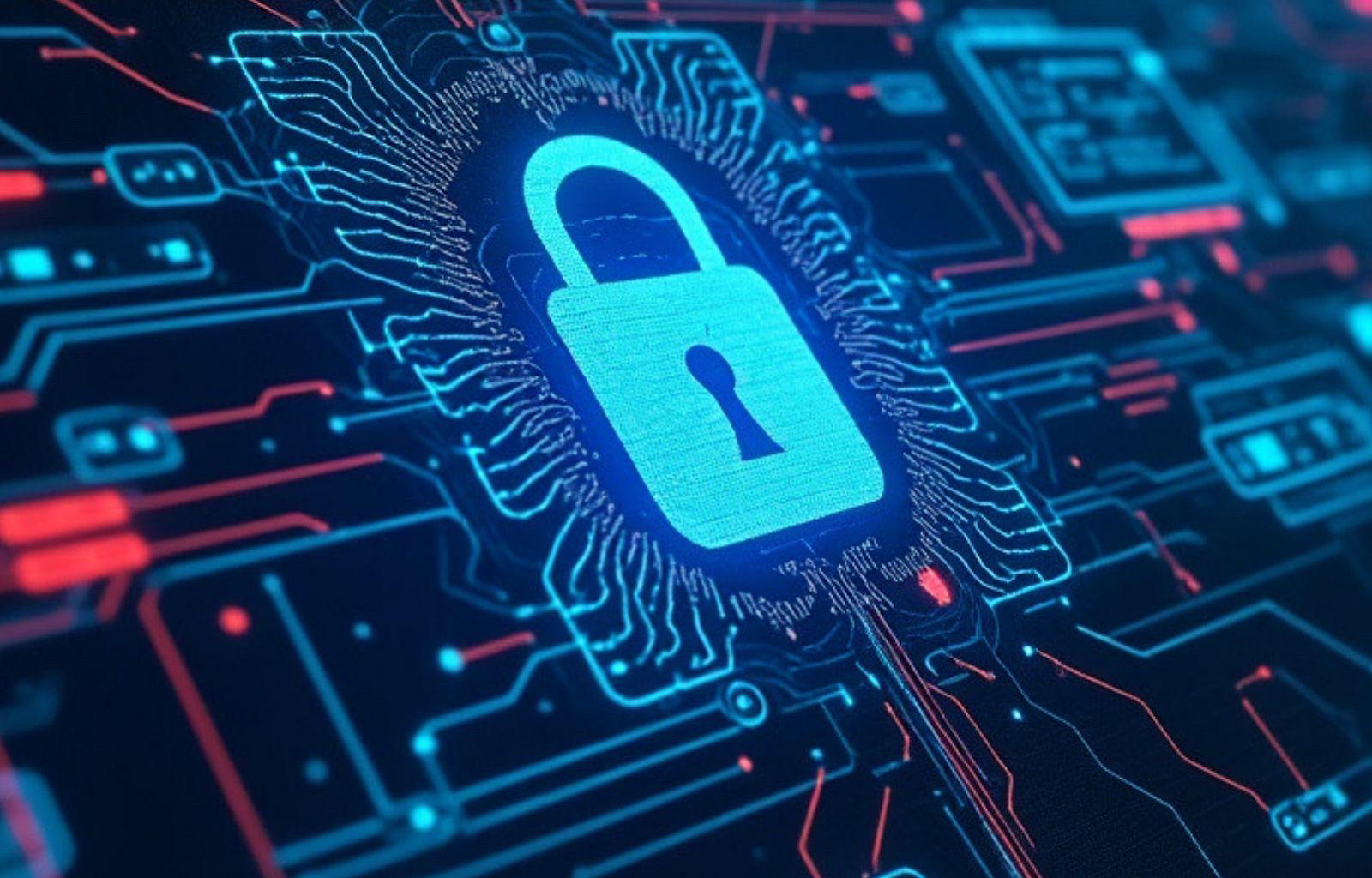Cybersecurity: Italy’s future depends on training

Cybersecurity is not just a technical issue, it is a national challenge. Today, the Italian public administration is fighting a fundamental battle: that of finding and retaining talent in the key areas of cybersecurity and artificial intelligence.
Shortage of profiles, outdated selection systems and uncompetitive salaries: these are the main obstacles preventing us from having the qualified personnel we so desperately need. The problem does not only affect the public administration, where it also affects crucial areas such as the armed forces, the police force and the health sector, which has become a frequent target for increasingly aggressive cyber attacks, but also the private sector, even the most innovative.
The comparison with Europe
We cannot ignore the fact that other European countries are moving with greater speed and strategic vision in this area. Germany, for example, recently launched a plan to train 20,000 cybersecurity experts by 2025, focusing on universities and public-private partnerships to develop a competitive and resilient ecosystem. France too, through its Agence Nationale de la Sécurité des Systèmes d’Information (ANSSI), has invested in targeted programmes to train specialists and strengthen security in critical infrastructures.
Italy, on the other hand, despite having established the National Cybersecurity Agency, is lagging significantly behind. The shortage of 100,000 experts estimated by ACN is an alarm signal that we cannot ignore. And while countries such as the United Kingdom are attracting young talent with innovative training programmes and competitive salaries, here the public system is struggling to retain the necessary professionals, due to an unattractive supply and poor integration with the private sector.

Attacks grow, response must match
The numbers speak for themselves: in the first half of 2024 alone, the number of serious attacks globally increased by 23%, with Italy recording a worrying increase in attacks on the healthcare sector (+83% compared to the previous year). Faced with this scenario, our country risks falling behind its European partners, compromising not only its security, but also its ability to compete in an increasingly digitised global market.
Focusing on training and collaboration
The answer to this challenge must start with training. The Istituti Tecnici Superiori (ITS), Superior Technical Institutes, are a strategic lever: a model that works, but which must be expanded and strengthened. We must look to Europe as an inspiration, but also as a stimulus to do more and better. Germany and France are proving that investing in young people and digital skills is not a cost, but an opportunity for growth and development.
During my speech at the 15th National Conference on Cyber Warfare, I emphasised the importance of creating an ecosystem where public and private sectors collaborate to nurture talent and bridge the gap between the demand and supply of skills. We cannot afford to act in a fragmented way: a clear and shared national strategy is needed, one that looks to the future with ambition and pragmatism.
Cybersecurity is no longer an option: it is a necessity. And Italy must be ready to take up this challenge with the courage and determination that distinguish us.












